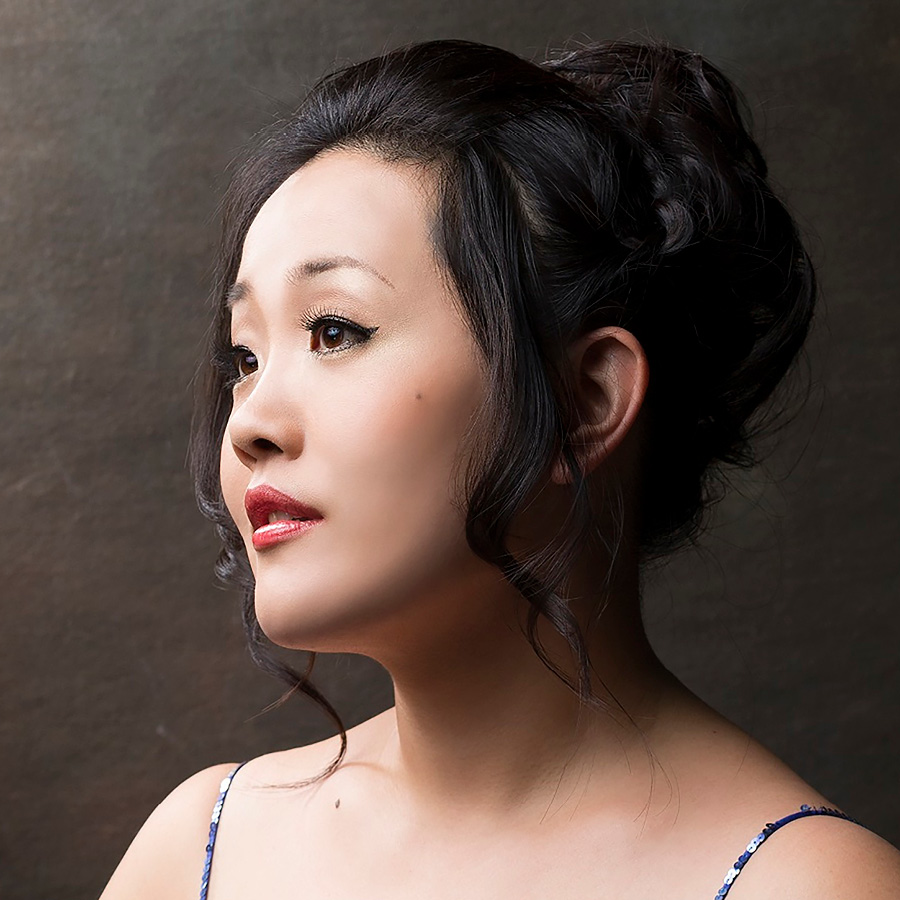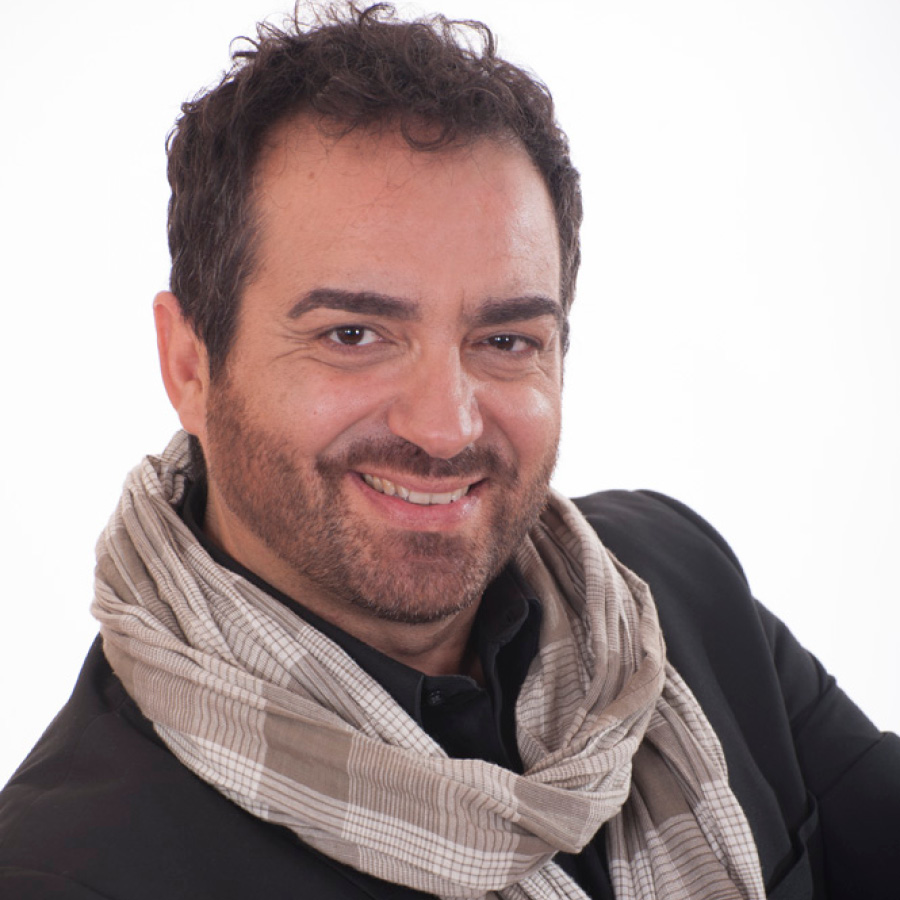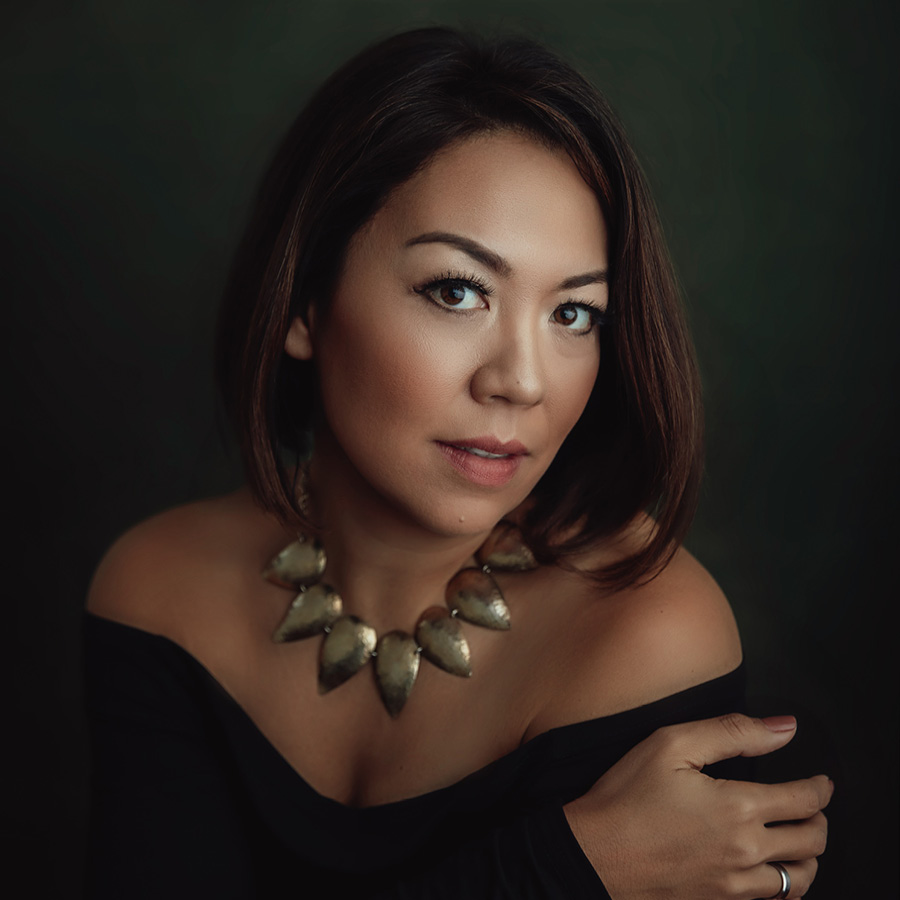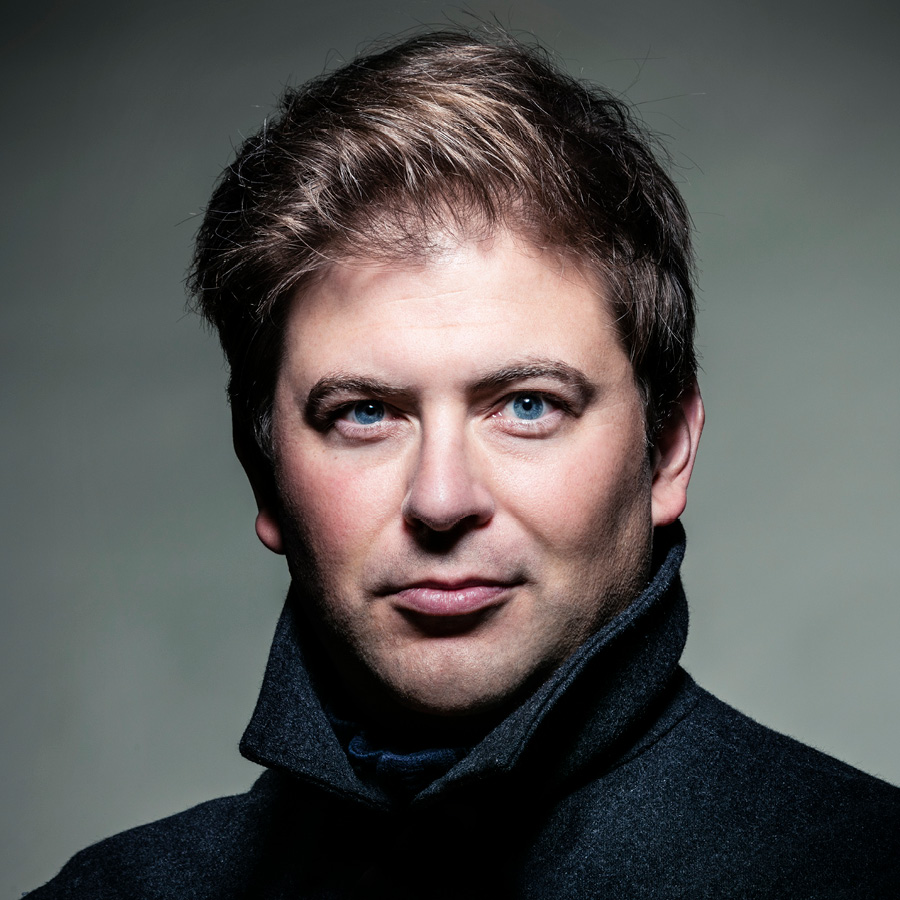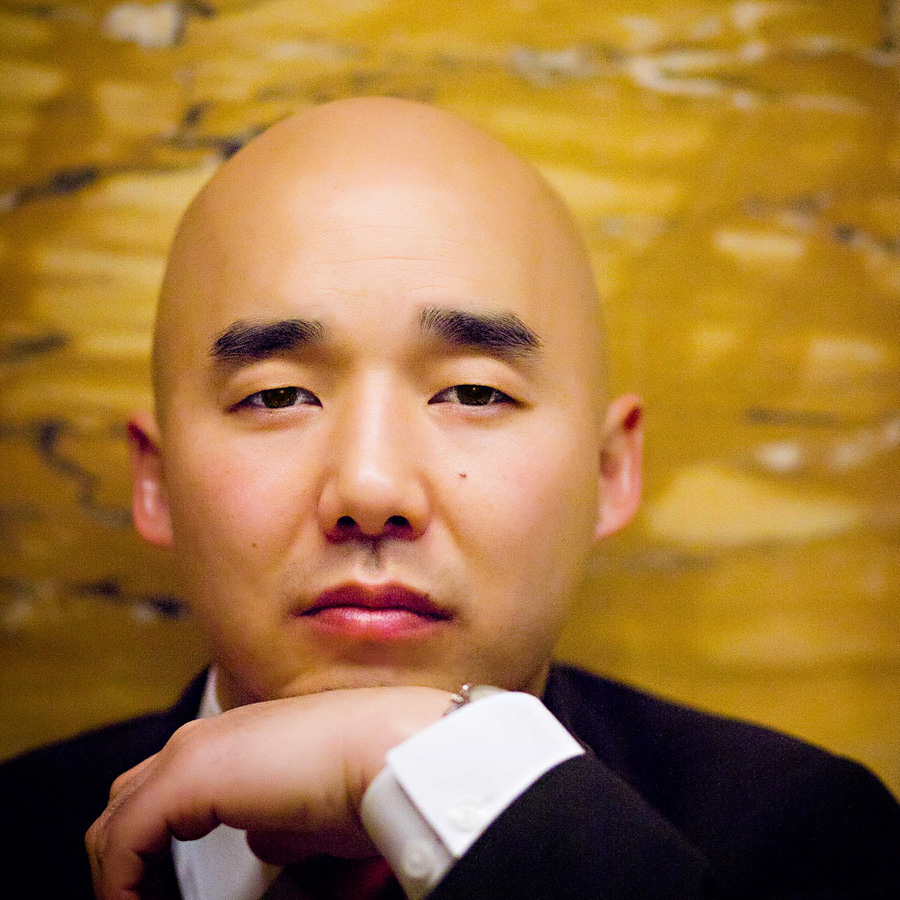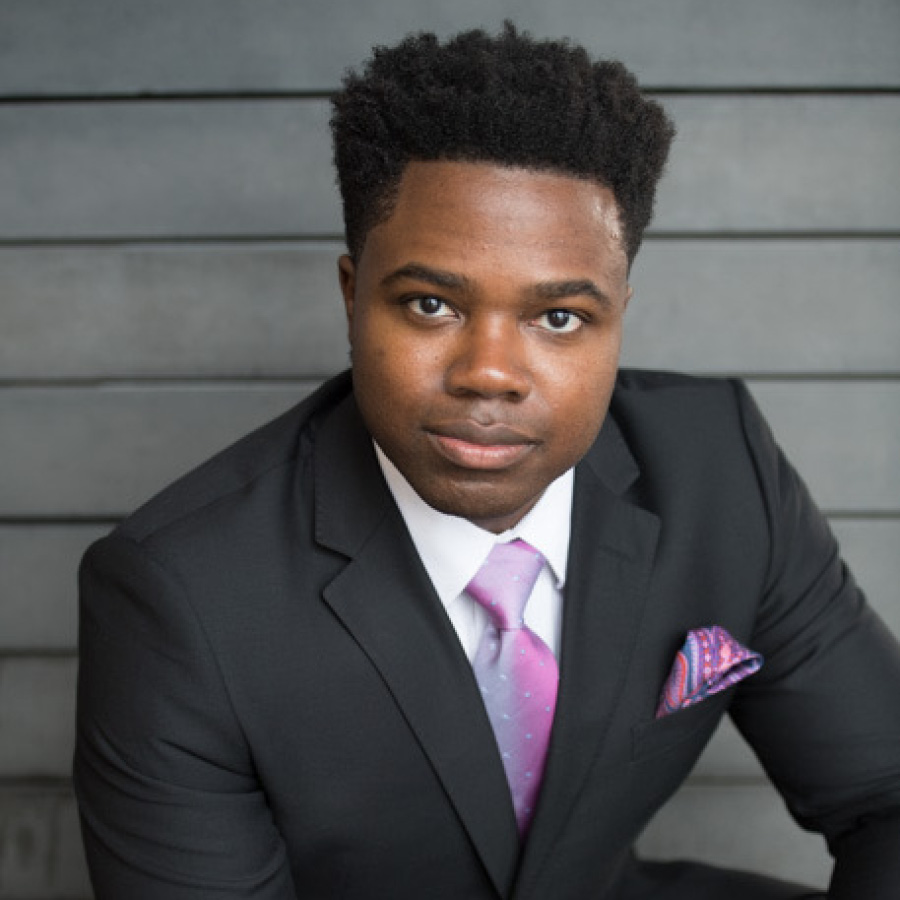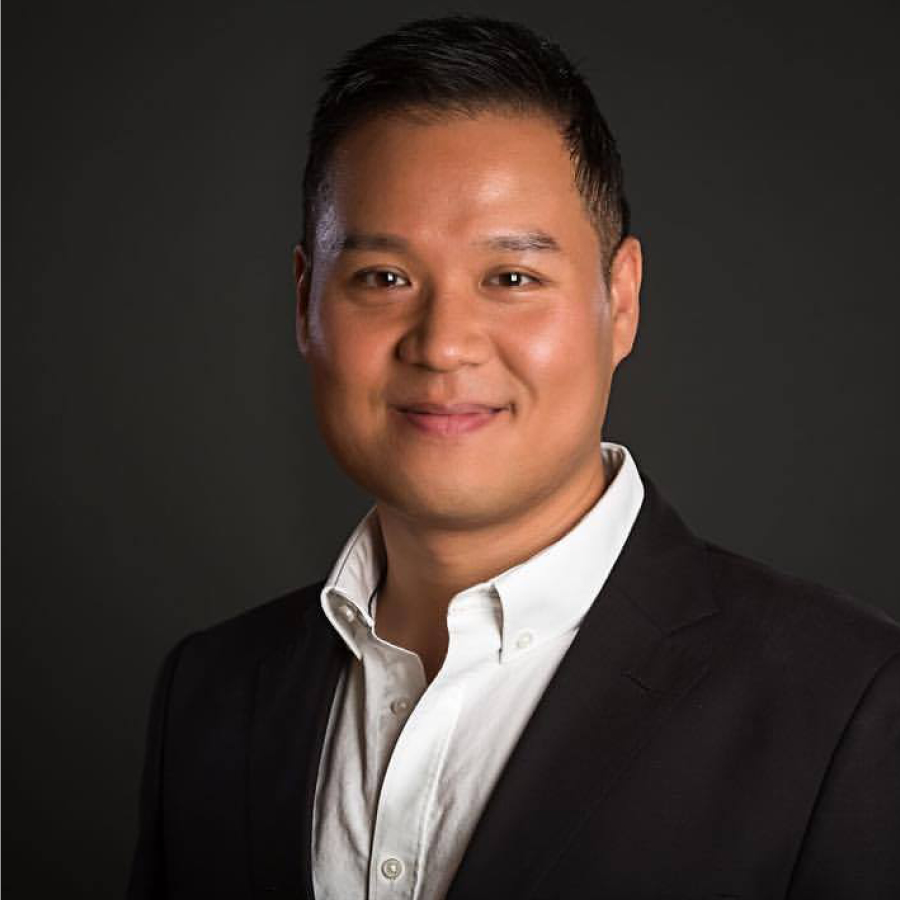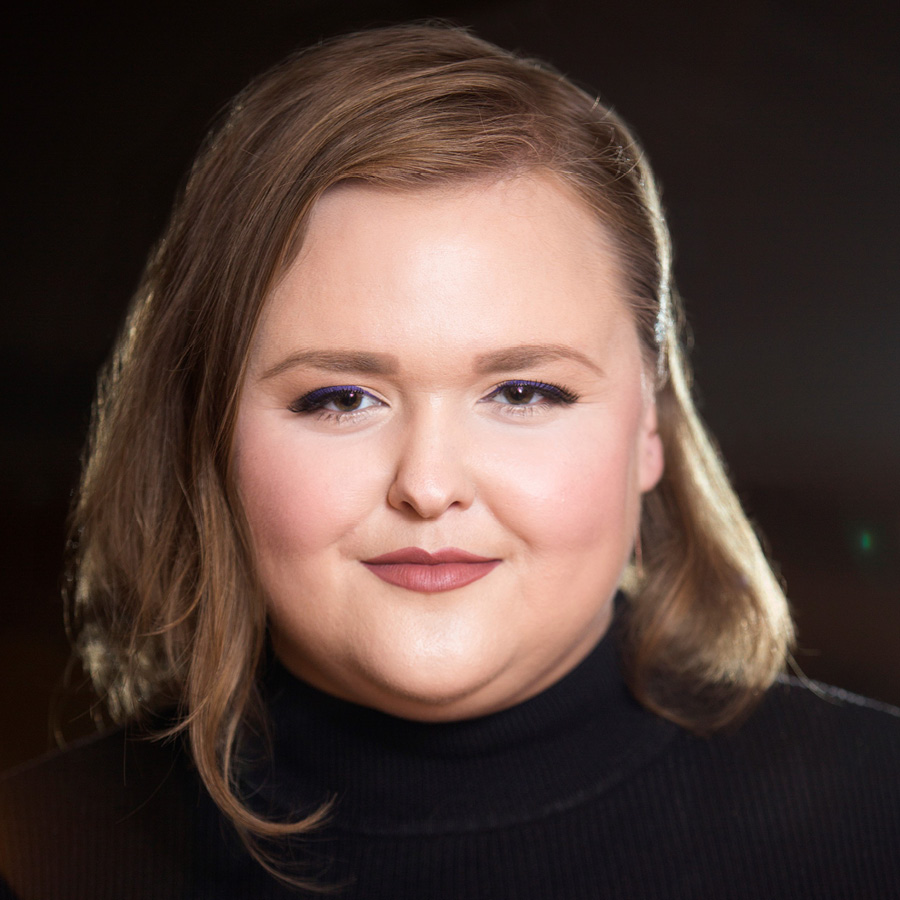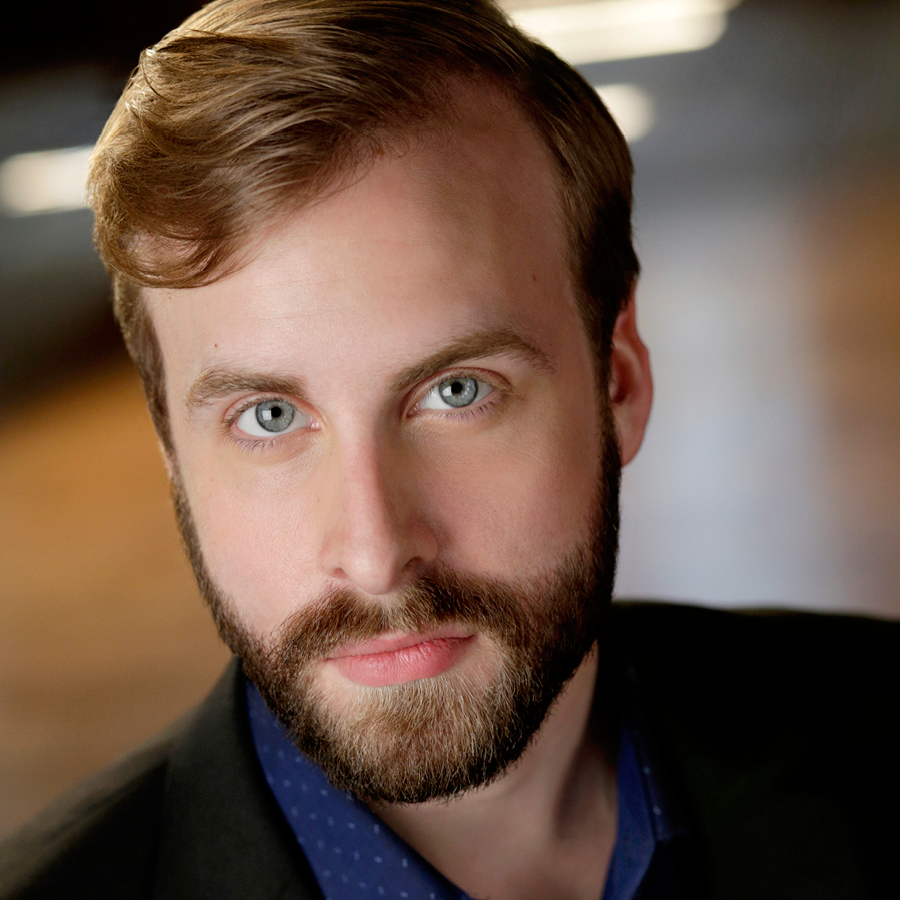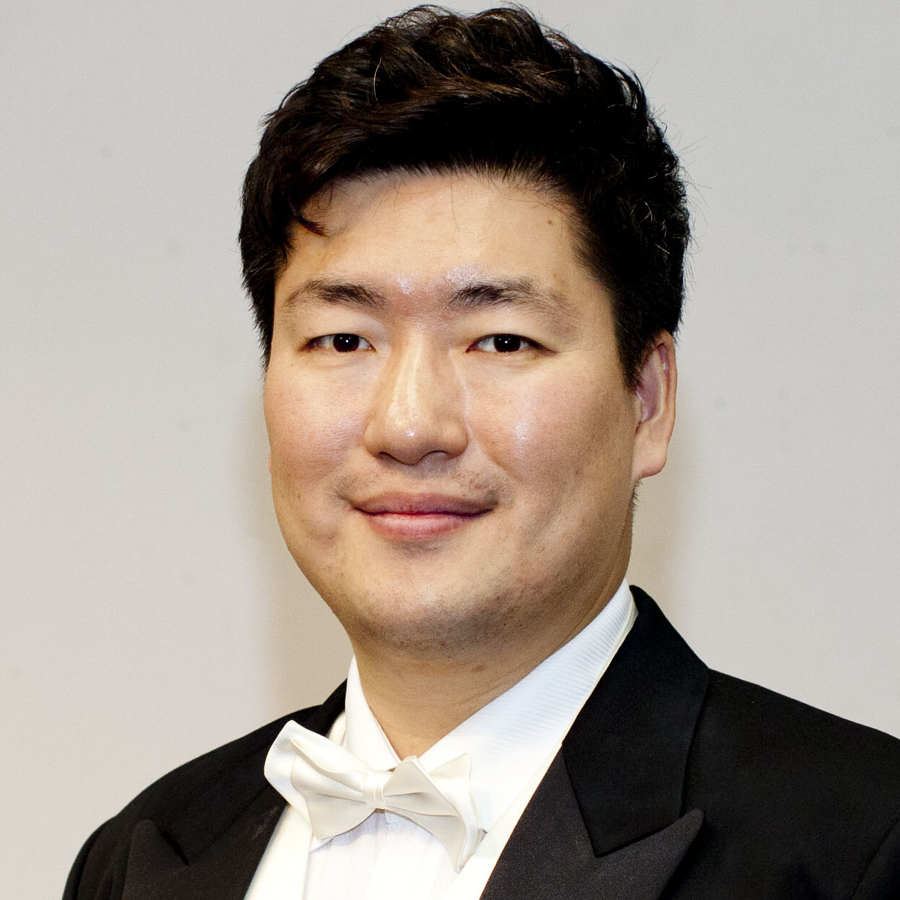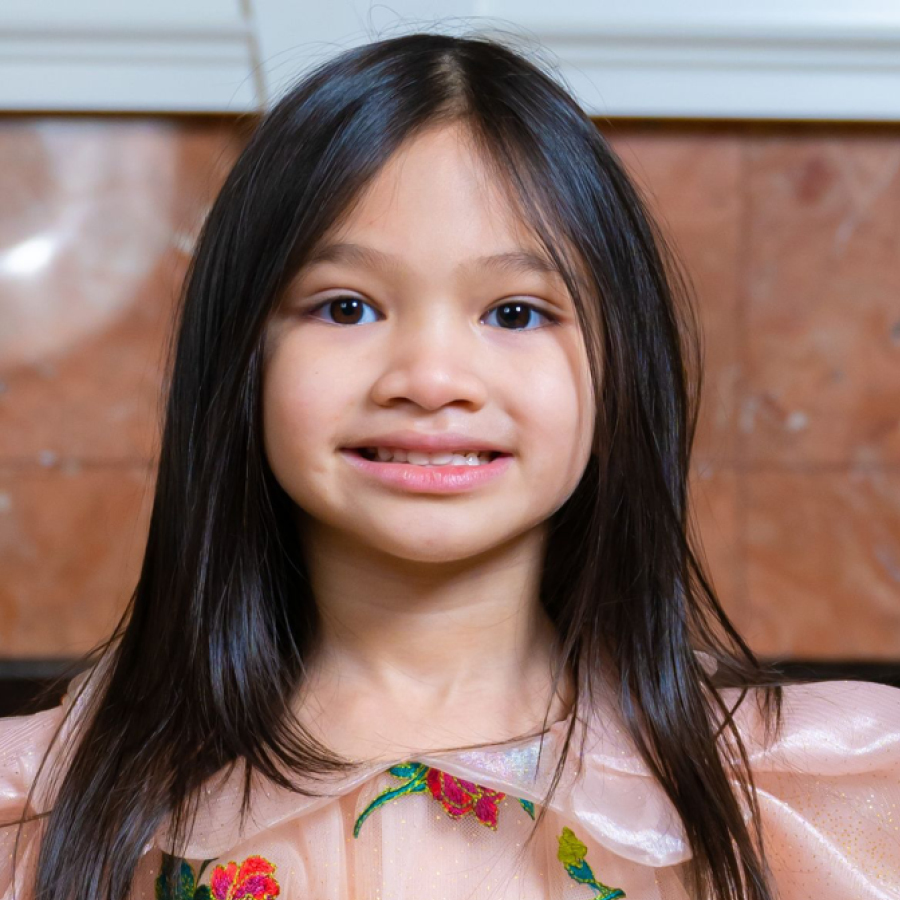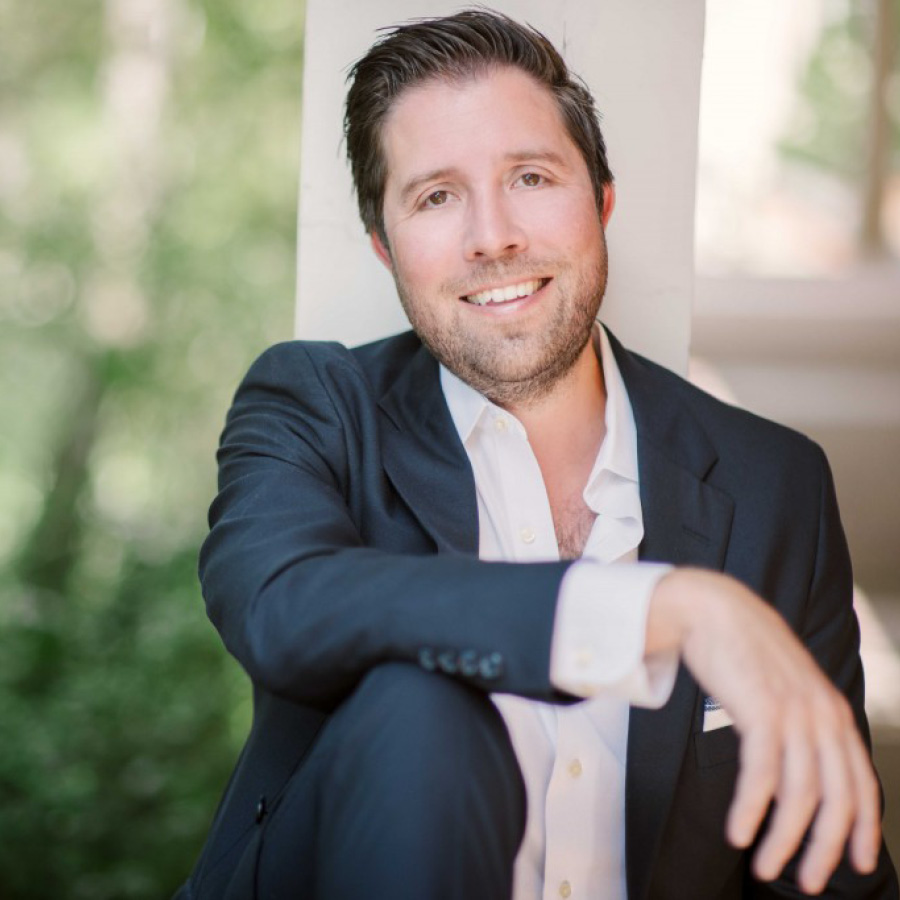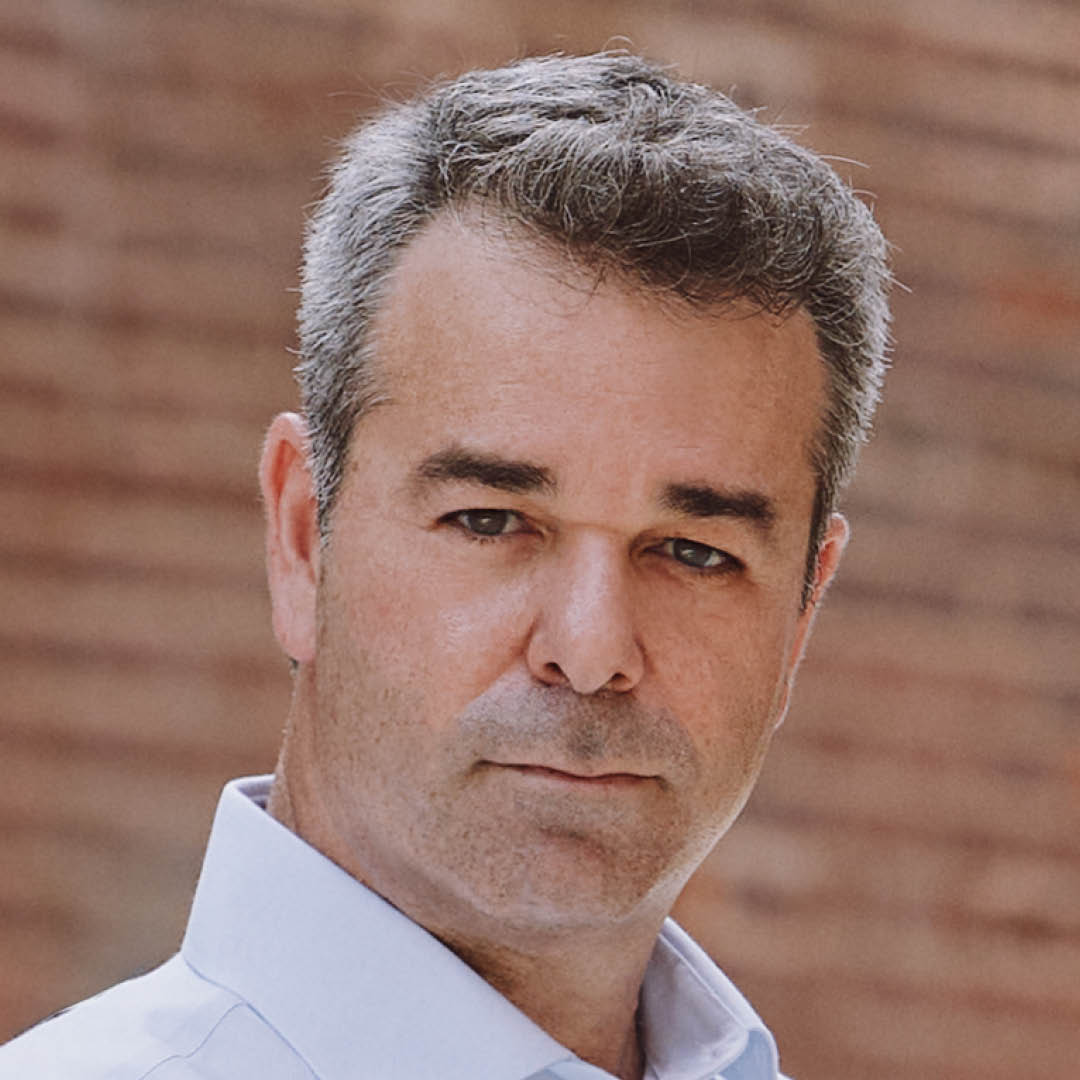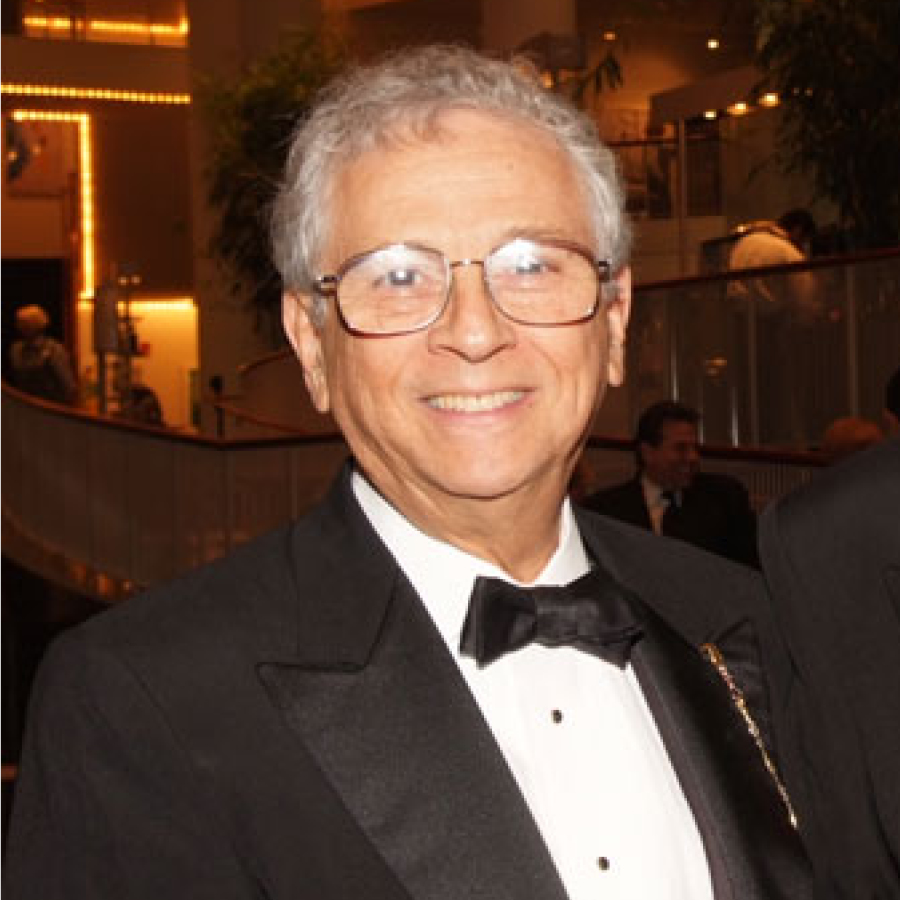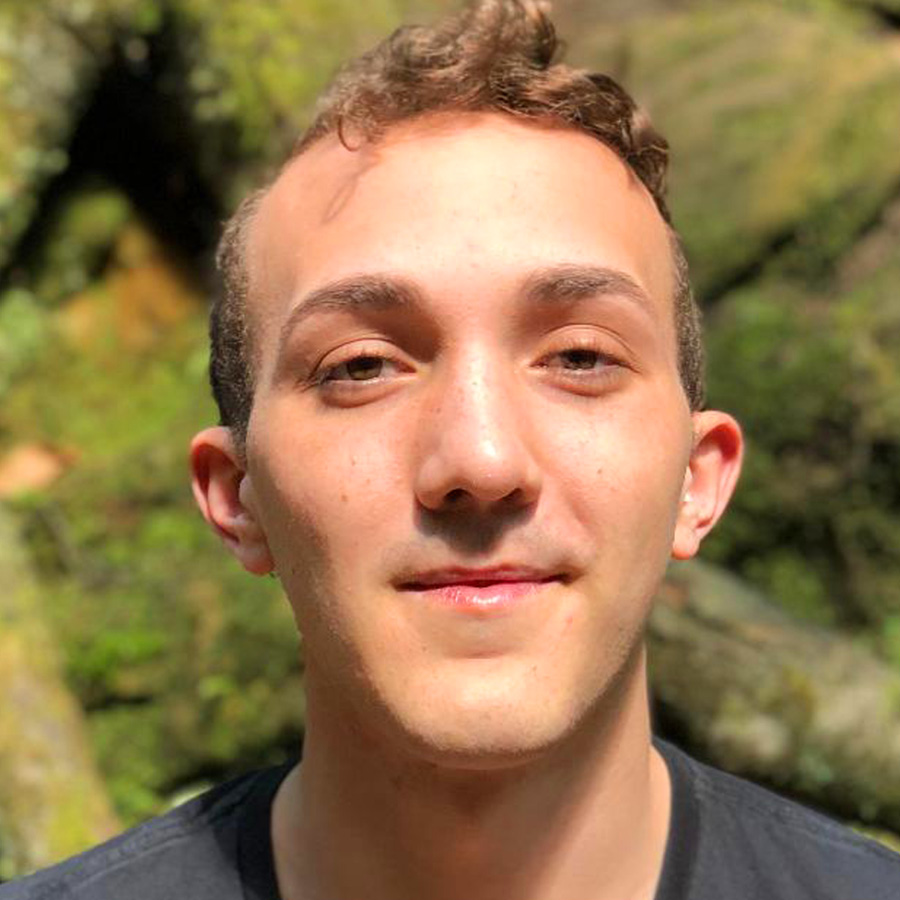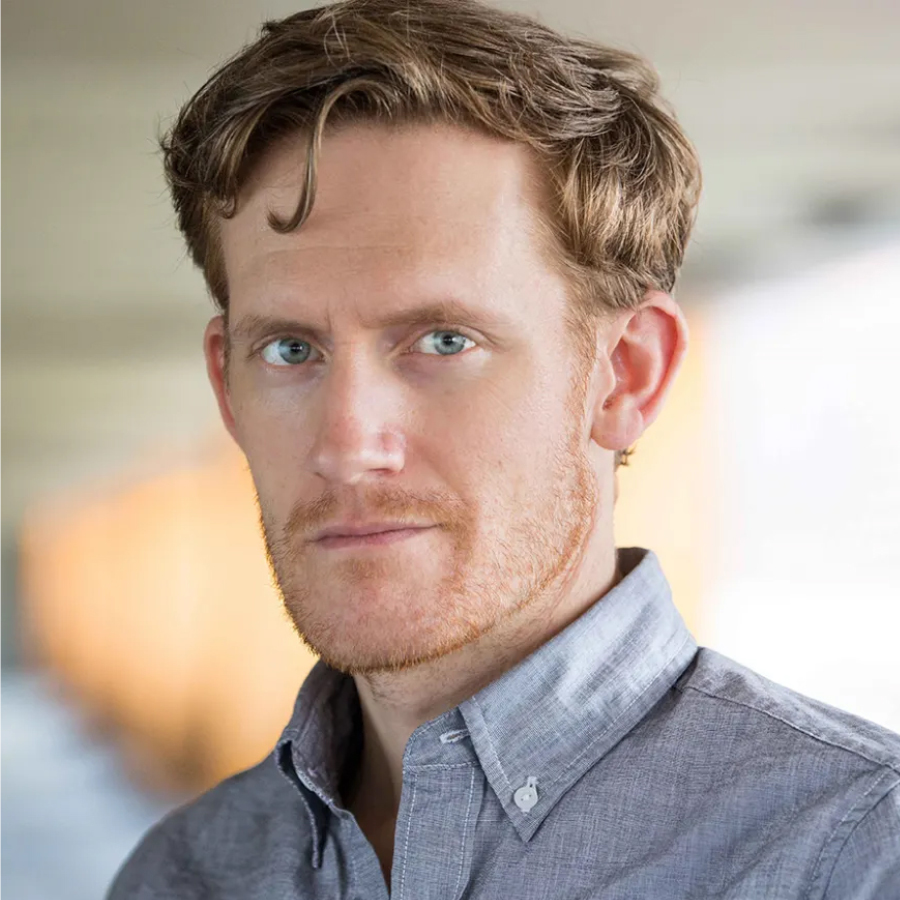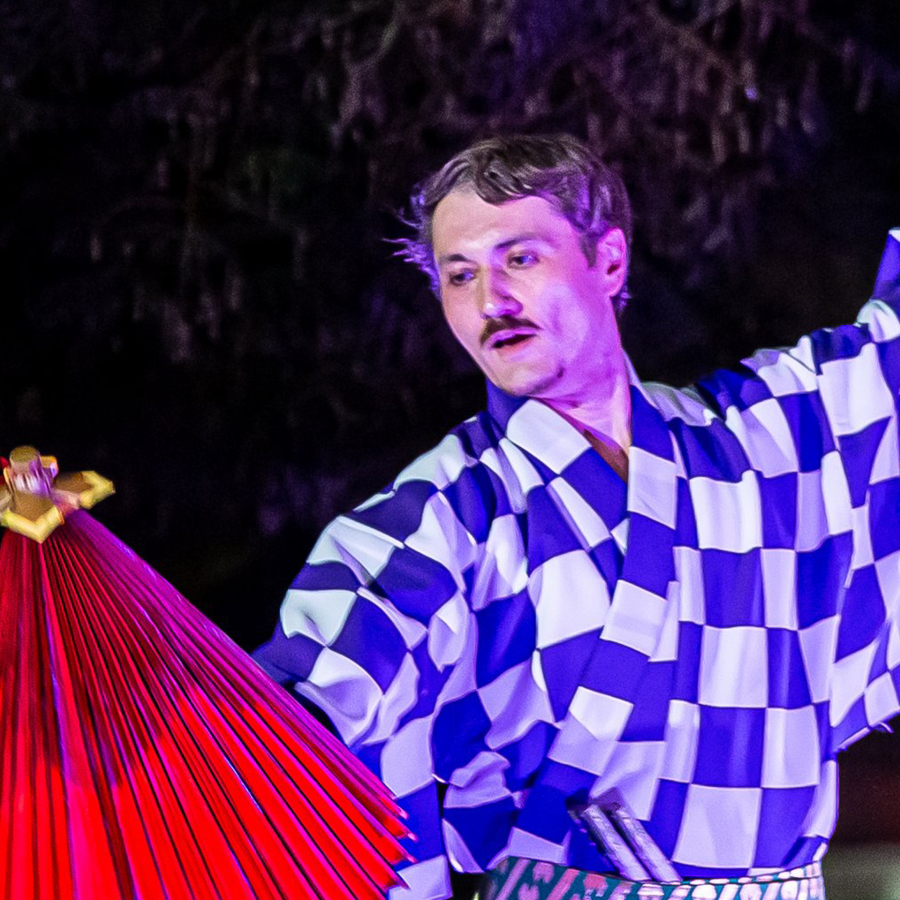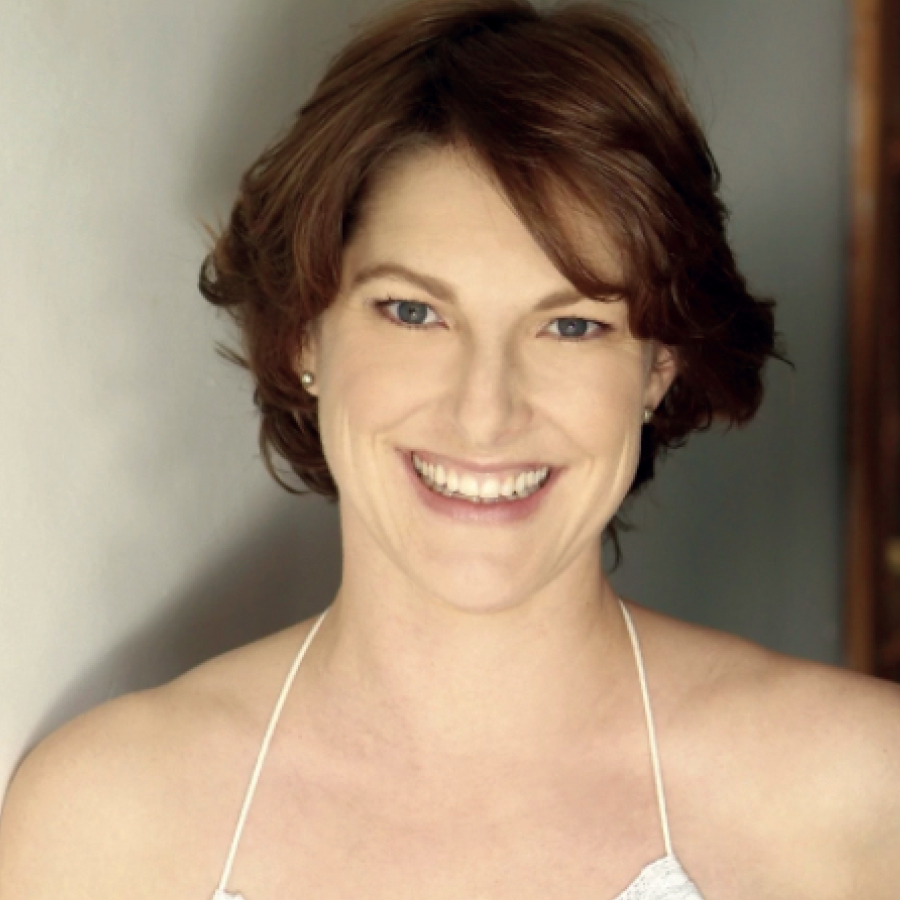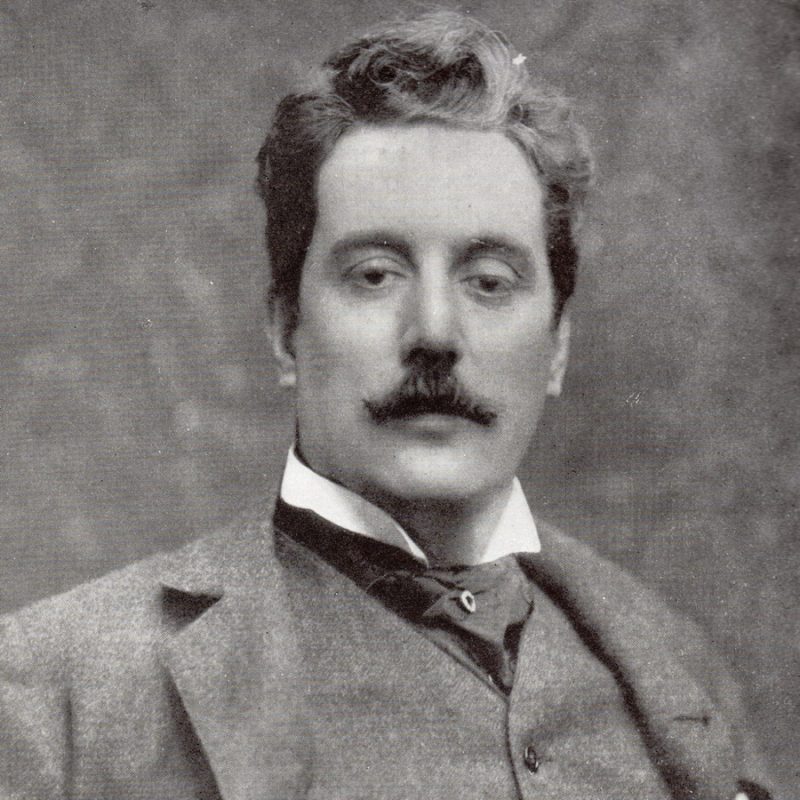The hour for the wedding ceremony approaches. Butterfly, accompanied by her friends, arrives joyously singing of her wedding. She tells Pinkerton that since the death of her father she has had to earn her living as a geisha. Her relatives noisily bustle in, commenting on the bridegroom. In a quiet moment, Cio-Cio-San shows Pinkerton her few earthly treasures and tells him that she has secretly renounced her traditional faith in favor of Christianity. The Imperial Commissioner performs the brief ceremony, and the guests toast the couple when, suddenly Cio-Cio-San‘s uncle, the Bonze, bursts in shouting. A Buddhist priest, he curses her for renouncing her ancestor’s religion. The relatives instantly turn on the young bride. When Pinkerton angrily orders all the guests away, Butterfly is left weeping. Pinkerton consoles her with tender words, and as night falls, the lovers share a moonlit duet.
ACT II
Three years later, with a gaze fixed upon the horizon, Cio-Cio-San patiently awaits her husband’s return. Beside her, Suzuki prays to an image of Buddha, imploring the gods for aid. The money Pinkerton left is now almost gone. Butterfly bids her maid to have faith. One day, Pinkerton’s ship will appear in the harbor and he will again embrace his beloved wife.
Soon Sharpless enters with a letter from the Lieutenant and tries several times unsuccessfully to explain the reason for his visit. The letter tells of Pinkerton’s marriage to an American girl. But before he can break the news to Butterfly, Goro interrupts, bringing with him a noble suitor, the wealthy Prince Yamadori. Cio-Cio-San greets the prince with dignity but firmly refuses his offer of marriage, insisting that her American husband has not deserted her. Sharpless again attempts to read the letter and gently advises the girl to accept the prince. He asks her what she would do if Pinkerton never returned. Cio-Cio-San proudly carries forth her young son, “Sorrow.” As soon as Pinkerton knows of his son, she insists, he will return to them, and that day, “Joy” will become the child’s name. If her husband does not come back, she says she would rather die than return to her former life. Utterly defeated, but moved by Butterfly‘s devotion, Sharpless quickly exits.
A cannon roars from the harbor. Seizing a spyglass, Butterfly discovers that Pinkerton’s ship, the Abraham Lincoln, is coming into port. Deliriously happy, she orders Suzuki to help her strew the house with blossoms. As evening falls, Cio-Cio-San dons her wedding gown and with her maid and her son, she prepares to keep vigil throughout the long night.
ACT III
The pale light of dawn finds Suzuki and the baby asleep. Butterfly still stands watching and waiting. Suzuki awakens with the sunshine and insists that Cio-Cio-San rest. Humming a lullaby, the young mother carries her boy to another room. Before long, Sharpless, Pinkerton and Kate, his new wife, approach the house. Suzuki almost at once realizes who the strange woman is. Overcome with despair, she reluctantly agrees to aid in breaking the news to her mistress. Pinkerton, now surrounded by evidence of his fragile Butterfly’s unwavering faith and devotion, bids an anguished farewell to the scene of his former happiness. He then rushes away leaving the consul to arrange things as best he can. Cio-Cio-San hurries in expecting to find her husband, and instead finds Kate. She instantly guesses the truth and with touching dignity, Butterfly wishes “the real American wife” happiness. She asks Kate to tell Pinkerton that he may have his son if he will return for him in half an hour. Kate sadly departs with Sharpless.
Butterfly orders Suzuki and the child away. She pulls from its sheath the dagger with which her father committed suicide. She reads aloud its inscription, “To die with honor when one no longer can live with honor.” As she raises the blade to her throat, Suzuki pushes the boy into the room. Cio-Cio-San drops the knife and embraces her child, passionately imploring him to look well upon his mother’s face. After finally sending him off to play, she takes her father’s dagger and stabs herself. As Butterfly dies, Pinkerton’s voice is heard crying out her name.
Courtesy of Boston Lyric Opera
